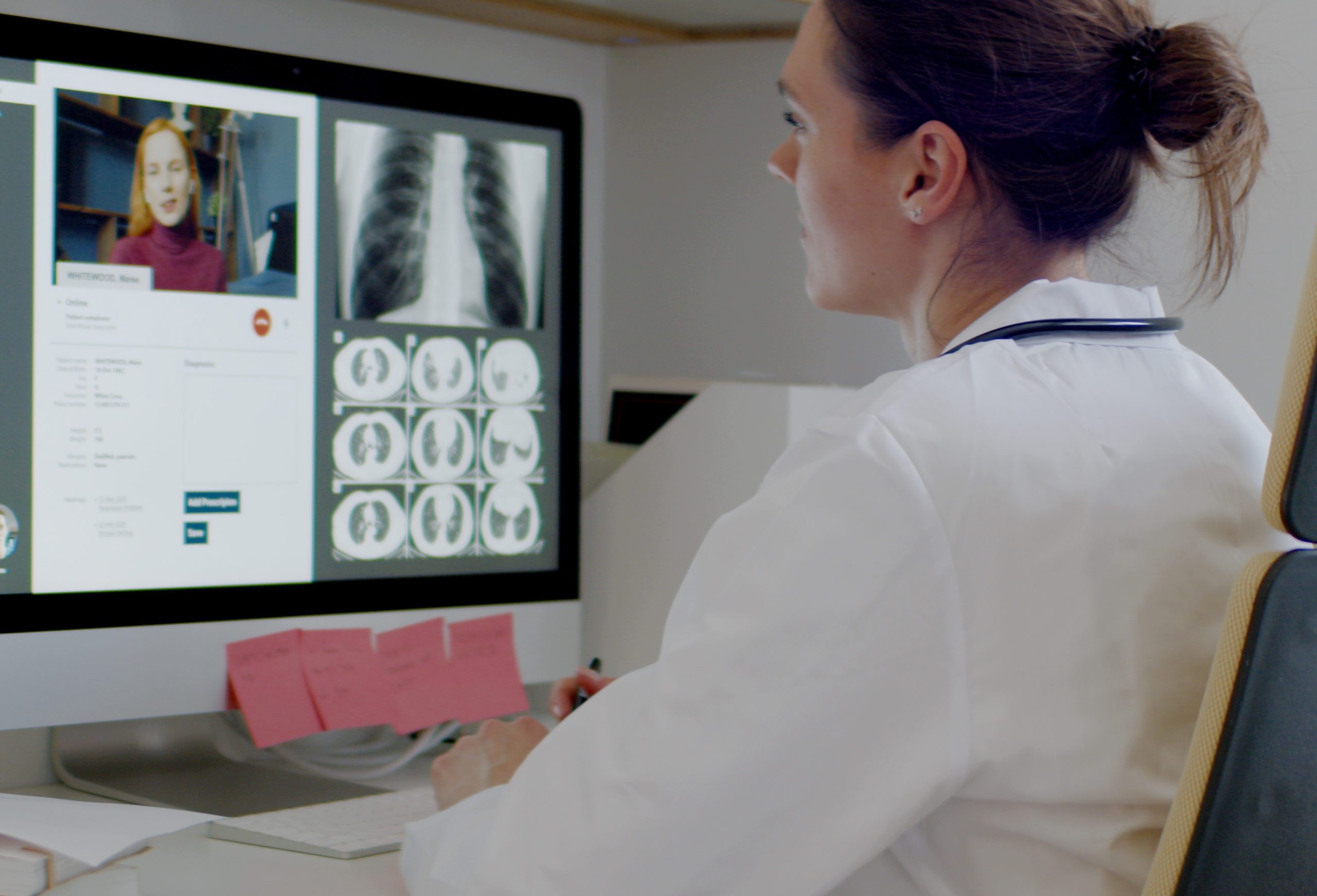In 2021, Focus on Quality in the Medical Device Market (MedTech Download)

Key Takeaways
- We live in a “hurry up and go” culture, and often this includes the medical device market. However, ignoring some of the hype and focusing on producing a high-quality product will avoid pitfalls like recalls and other potentially devastating outcomes.
- Telemedicine companies continue to experience growth and investment, including AliveCor, who just received an additional $65 million in funding.
- As more medical device advancements rely on cloud-based infrastructure, cybersecurity continues to be a major concern in ensuring patient safety and product functionality.
The Top Trend for Medical Devices in 2021? Putting Quality First

Launching a novel product in today’s medical device market requires entrepreneurs and executives to accept two realities. One is creating a safe, effective, and commercially viable product, which inherently takes resources and, importantly, time. The second is ensuring that your product stays ahead competitively, securing market- and mind-share.
But it’s hard to satisfy both of these competing forces. Which may be, in part, responsible for the significant rise in medical device recalls in 2020. While there is a tendency to ask if the pandemic may have something to do with the increased numbers, the data show that, for once, the virus is probably not the culprit. It is more likely that device teams are juggling priorities, opening the door for mistakes to be made.
In this article by MedTech Intelligence, Josh Turpen of Jama Software suggests medical device teams should slow down and focus on the quality of the product. And from our perspective, a sound go-to-market strategy is the best accompaniment to ensure your company achieves success.
Qiagen Seeks EUA for COVID-19 Antigen Test Aiming for Positive Results in 2 Minutes

While most reports over the past few weeks have surrounded the positive news about COVID-19 vaccines, testing is still a primary focus. Even though we might see those in the highest risk categories receiving vaccines as early as December or January, COVID-19 testing is not optimal. While most people can get a test if they want one, turnaround times continue to pose a challenge in slowing the spread of the virus. Not to mention the fact that COVID testing has become a massive business, generating close to $1 billion for manufacturers.
The most recent story is Qiagen’s newest rapid test, which can deliver a positive result in around 2 minutes. However, according to this article, a report from the standing committee of the National Academies of Sciences, Engineering, and Medicine questions tests’ efficacy. They “called for the evaluation of antigen tests and other diagnostics in the field to ascertain if the 90%-plus sensitivities and specificities seen in contrived studies are replicated in the real world.” This is due to the “mounting body of evidence that real-world performance may fall short of the specificities and sensitivities claimed by companies.”
AliveCor Brings in $65M to Accelerate Growth of Remote Cardiology Platform

Even before the pandemic, telemedicine was alive and well. But, there is no doubt that the pandemic acted as an unprecedented catalyst in its popularity. Prior to COVID, although telemedicine was convenient and allowed providers to see more patients, there were barriers to adoption. From battling norms to navigating insurers, the application of telemedicine on a large scale was stop-and-go. But as soon as meeting other people face-to-face became an inherent risk, those barriers were broken. In 2020, telemedicine is embraced by patients and providers alike.
But when it comes to virtual care, there is more to consider than a HIPPA-compliant video platform. Other technologies need to fill in the gaps, from AI-based digital stethoscopes to the KardiaMobile device by AliveCor. In fact, AliveCor just received an additional $65 million in funding with the intent of furthering the company’s “vision of delivering AI-based, remote cardiological services for the vast majority of cases when cardiac patients are not in front of their doctor.”
BD’s Alaris Infusion Pumps Flagged for Cybersecurity Vulnerability

Over the past several years, the healthcare industry and medical device market have seen a dramatic increase in the number of devices that utilize AI and/or cloud-based software technologies. These advanced systems provide patients and providers with powerful tools to better manage health, from digital health platforms to devices like insulin pumps. But, for the most part, healthcare has actually been slower in adopting some of these advancements than other industries due to concerns surrounding cybersecurity, software bandwidth, and more.
Recently the Department of Homeland Security issued a cybersecurity vulnerability alert that affects certain BD Alaris infusion pump products. These pumps are used at hospitals across the country to deliver fluids to patients. MedTech Dive reported that “Successful exploitation of the vulnerability could enable a denial of service attack that leads to a drop in the wireless function of the PC Unit.” It went on to point out that “users would then need to manually operate the PC Unit but it would continue to function as programmed.” So while this vulnerability is not as severe as one’s imagination could conjure, the story illustrates the complexities and unintended consequences of the advancements the industry continues to push forward.
Stay up-to-date on everything that matters to medtech entrepreneurs and executives. Subscribe below to receive industry insights, medtech resources, and more, delivered directly to your inbox.




